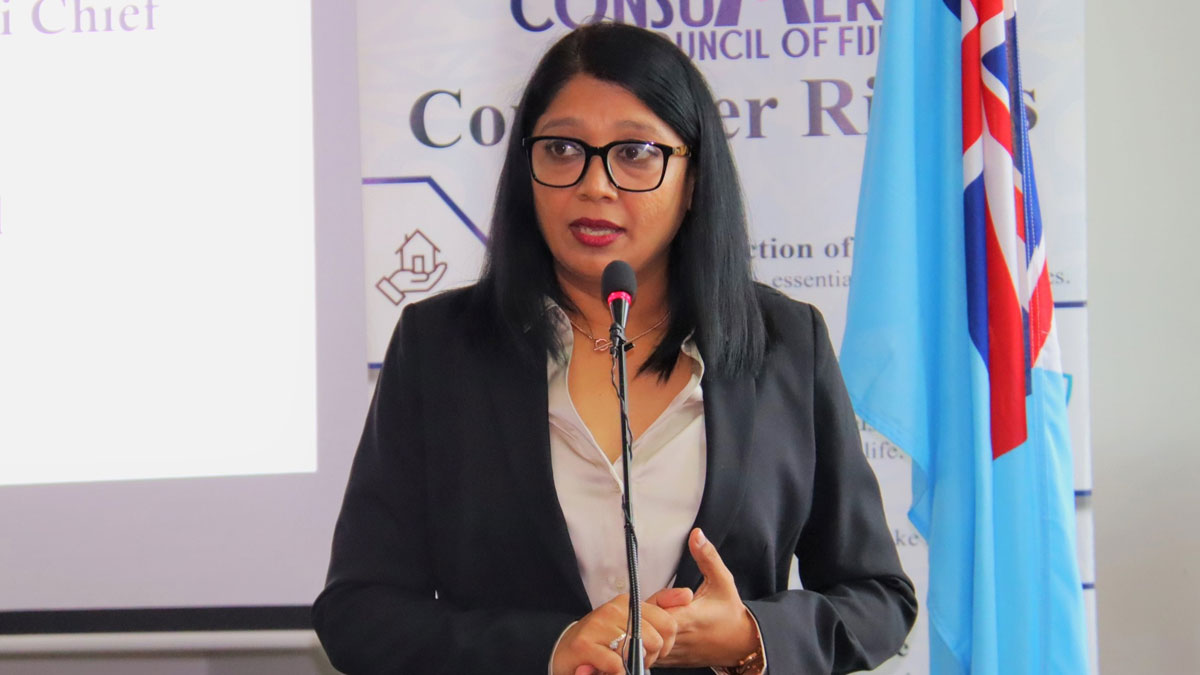
Despite previous warnings from the Consumer Council of Fiji, many consumers are still falling prey to visa-related scams, often handing over significant amounts of money without properly verifying the credentials of these consultants.
Consumer Council CEO Seema Shandil says this has allowed scammers to thrive in the market, as people are not performing the necessary checks or demanding evidence of legitimacy before parting with their funds.
Shandil says a recent case reported to them involved a group of care-giving students allegedly targeted by an individual posing as a visa consultant on social media.
She says promising overseas job opportunities, the individual allegedly convinced the students to transfer funds, but suspicions grew as additional payments were demanded.
The CEO says a preliminary investigation revealed that multiple students from the same institution had collectively paid hundreds of dollars, without ever meeting or speaking to the individual directly as all communication occurred solely via social media.
She says the ease with which these fraudsters operate is alarming, and it also points to a lack of vigilance among consumers.
Shandil says these fraudsters are capitalizing on the eagerness of Fijians to secure overseas employment and migration opportunities, often taking large sums of money in exchange for empty promises.
She emphasized that consumers should be cautious about sending money to individuals they have only interacted with online, urging them to verify all claims before making any financial commitments.
Shandil stressed that legitimate companies seeking to recruit workers from Fiji will not approach you through social media or demand upfront payments.
She says the desire for overseas opportunities has made many Fijians easy targets for scammers who promise quick and easy migration pathways, but in reality, people are losing thousands of dollars.
Shandil says consumers must take precautionary measures to protect themselves from visa consultant scams by first ensuring that the visa consultant is registered and recognized by relevant authorities.
She says it's also essential to check reviews, testimonials, and past cases to verify the consultant’s legitimacy.
Shandil says people should always request a formal contract that clearly outlines the terms and conditions of the visa services being offered.
She says additionally, consumers should remember that no consultant can guarantee visa approvals—promises that seem too good to be true are often a red flag.
The Council encourages anyone who has fallen victim to a visa consultant scam to come forward and lodge a complaint with them on the National Consumer Helpline toll-free number 155, or email complaints@consumersfiji.org to lodge a query.
We have also sent questions to Police.
Stay tuned for the latest news on our radio stations

